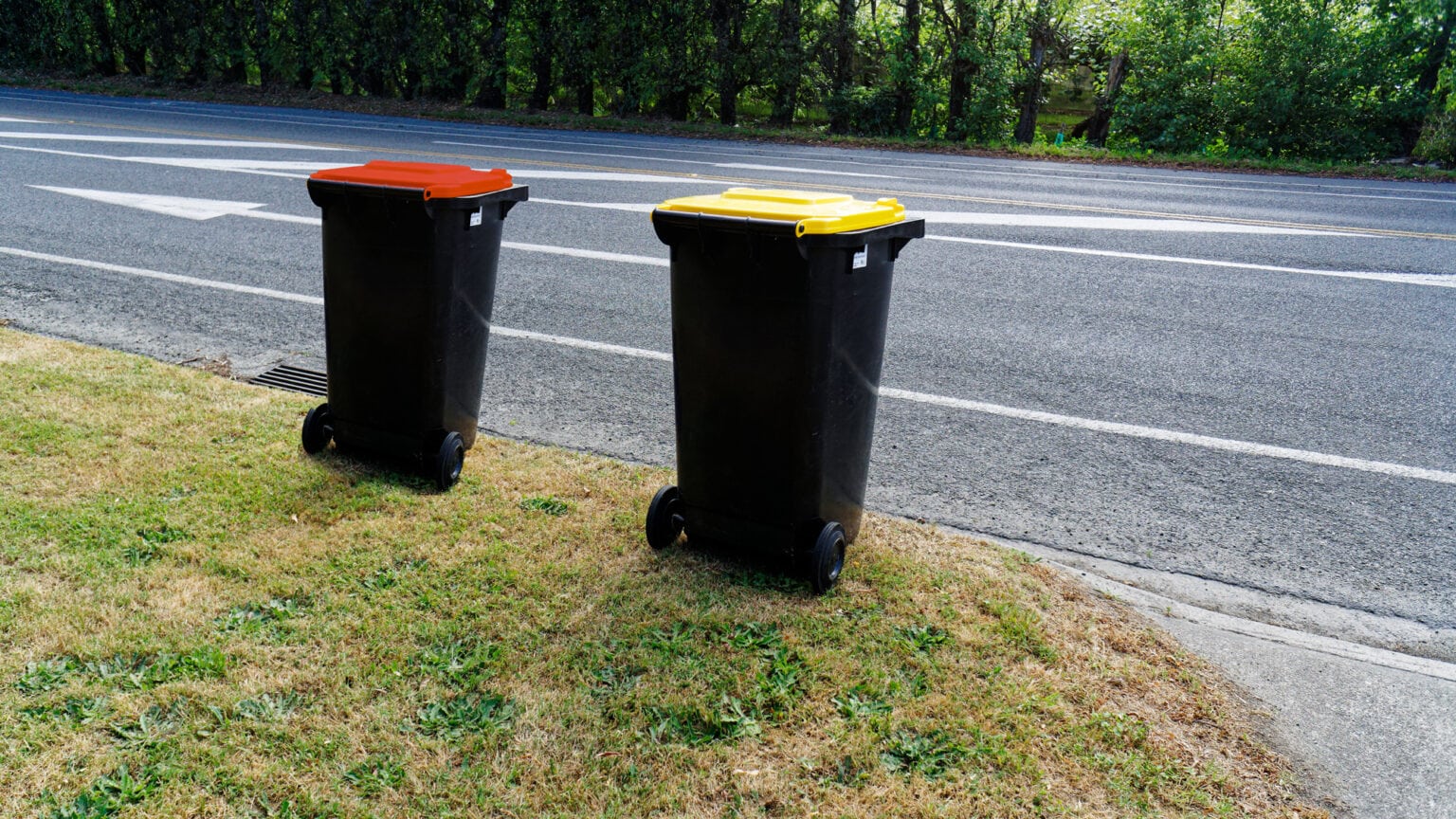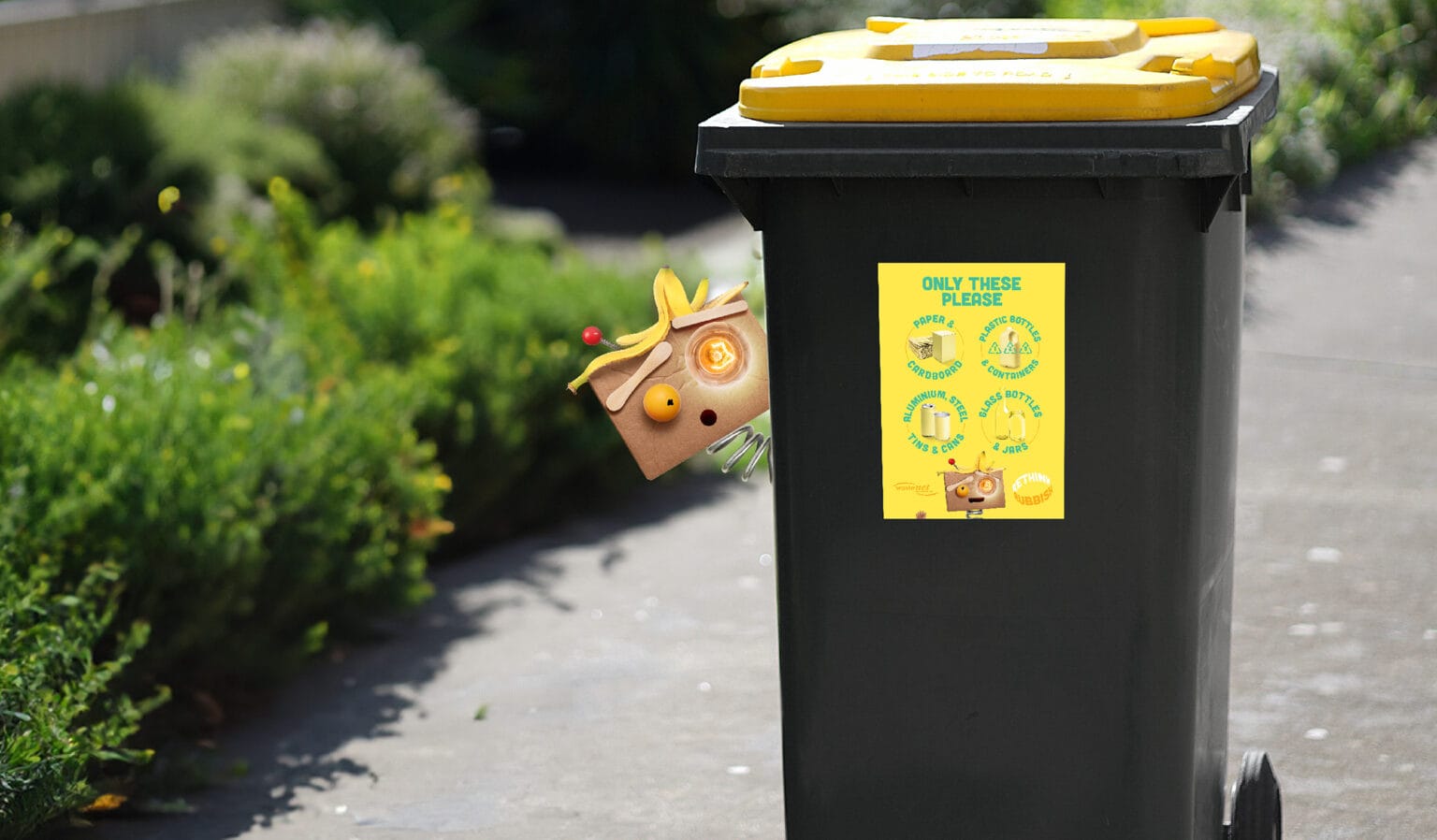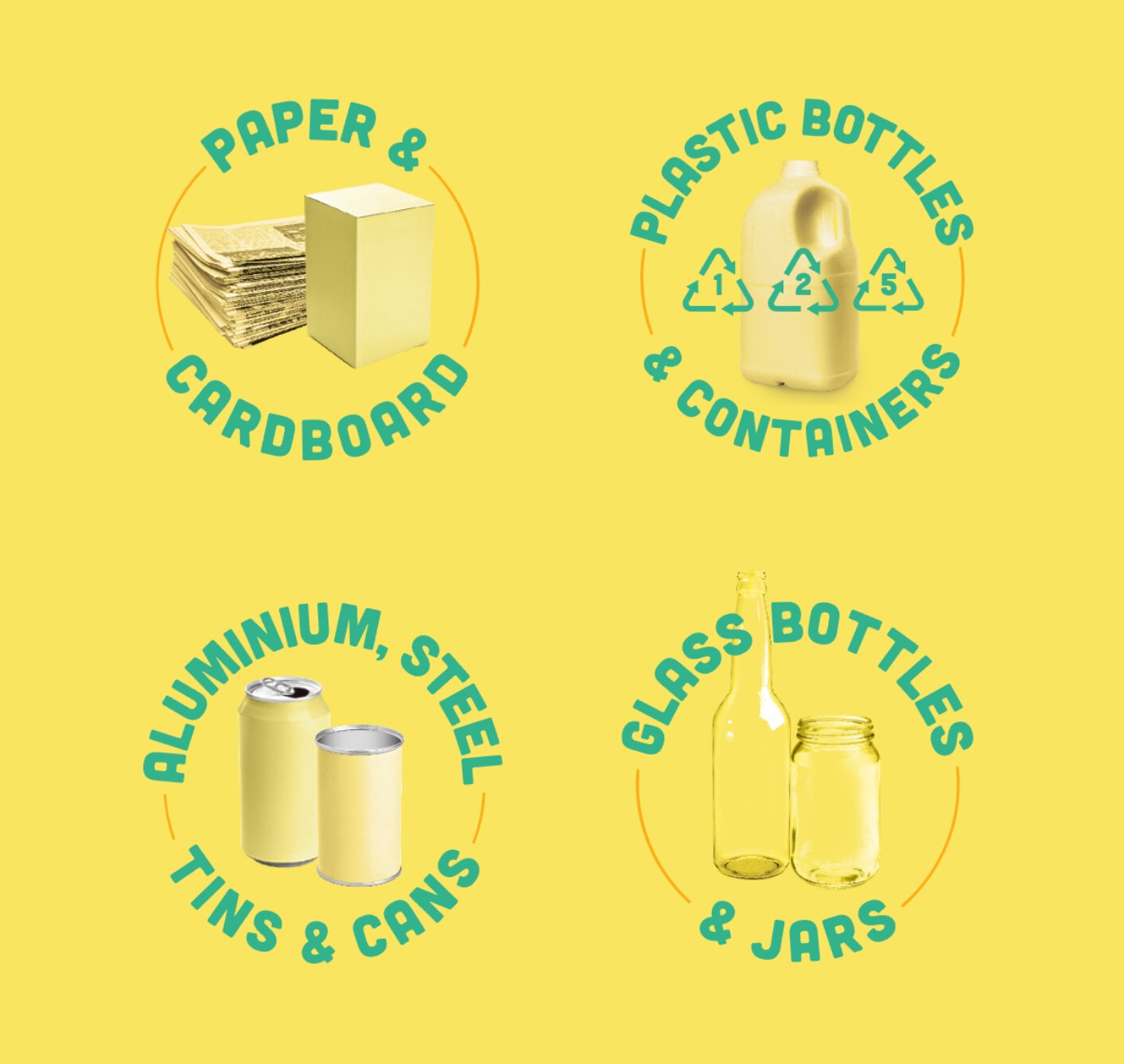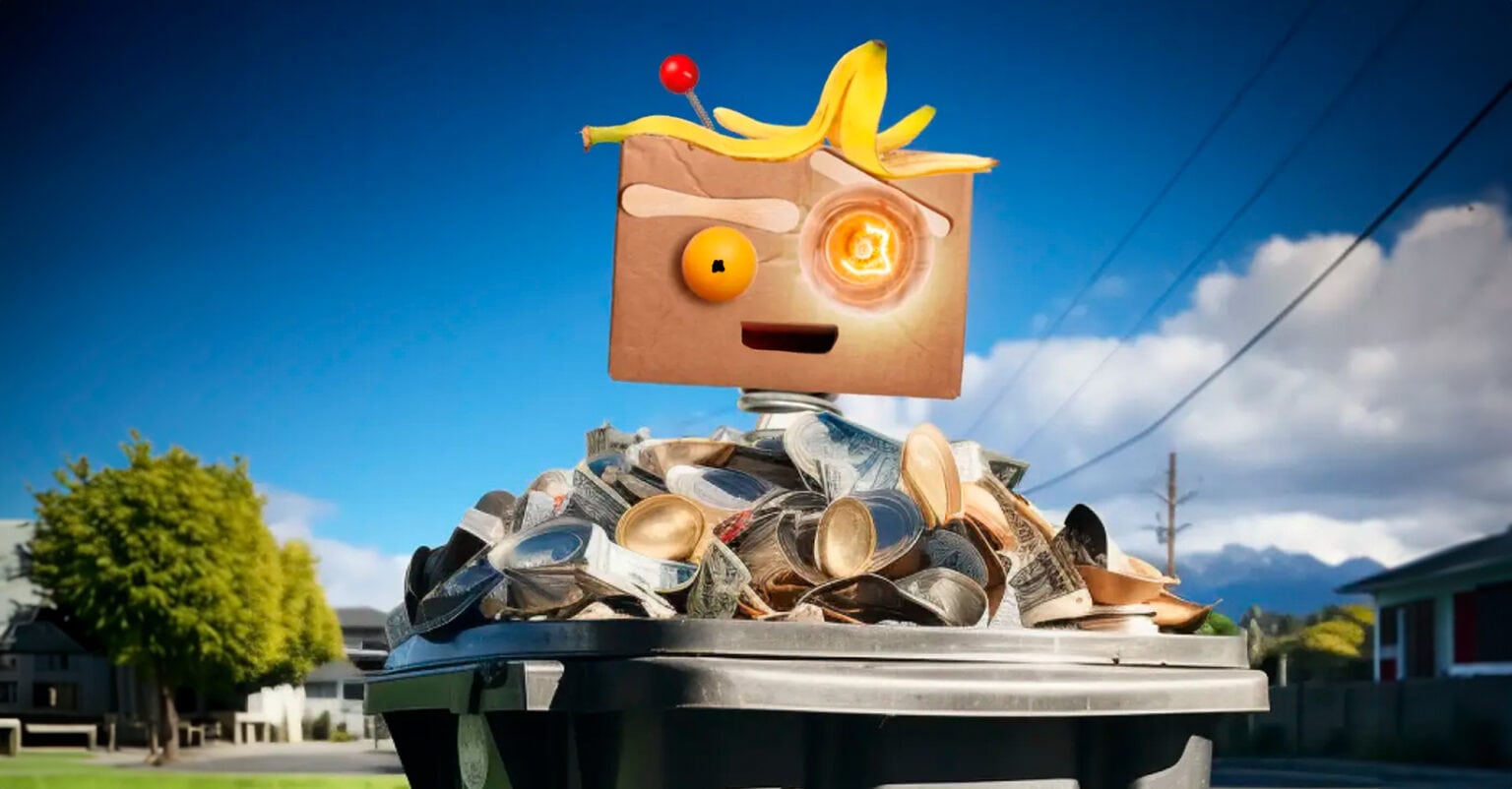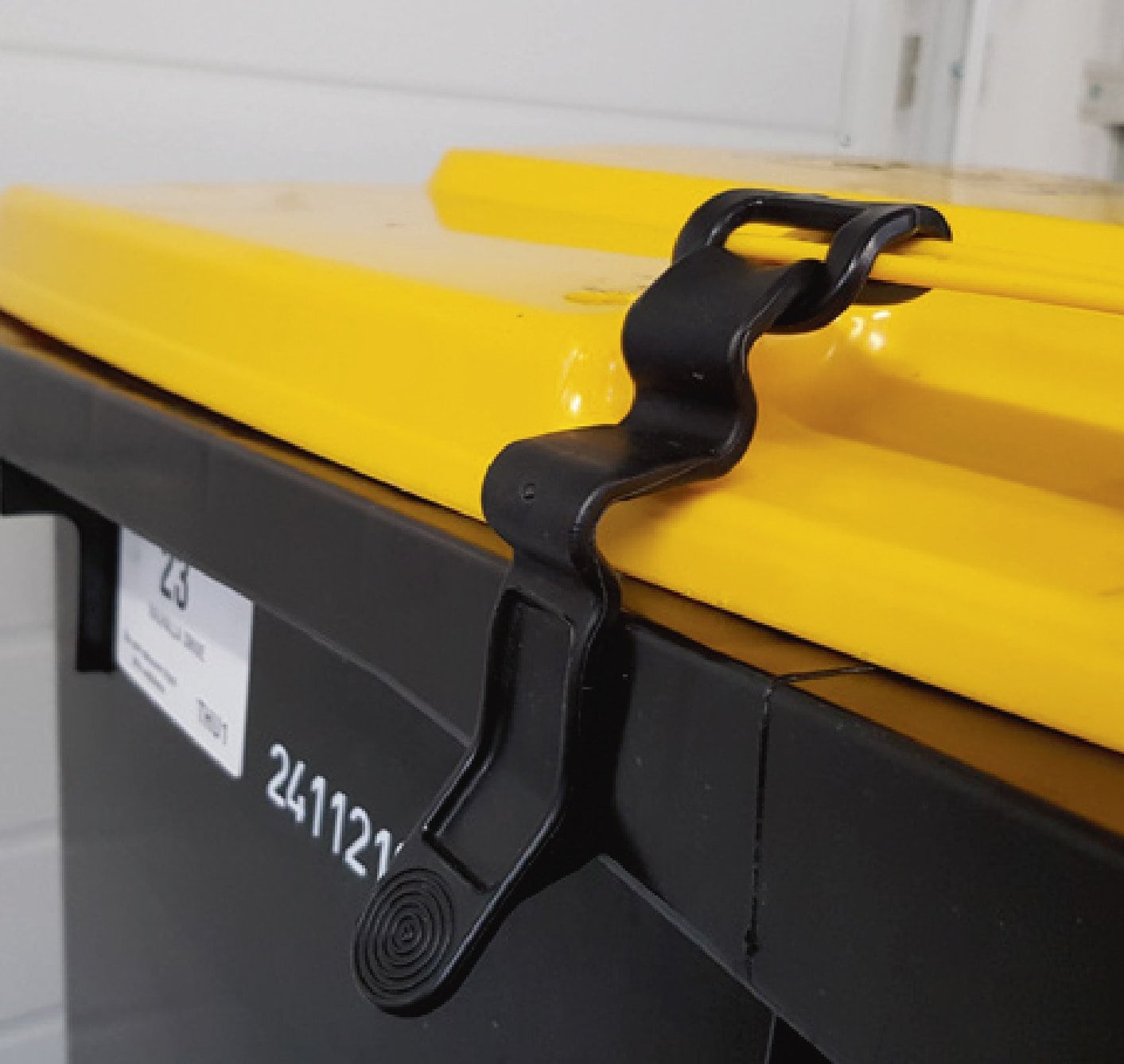frequently asked questions
Common questions asked by you
Kerbside Collection
In March 2023 the Government announced that for the very first time, there would be a consistent recycling service across the country. They set out exactly what can and can’t be recycled in your kerbside bins, so we’ll have the same recycling rules all over New Zealand.
Having standardised recycling rules will make it easier for people to use our kerbside services and get recycling right. It will also increase the quality of the materials collected, by reducing the amount that is contaminated.
For information and updates on the national standardisation programme see the Ministry for the Environment
The good news is that ICC and SDC were already mostly aligned with the new recycling list.
Please note that kerbside standardisation does not apply to Gore District Council as they do not have recycling services currently in place.
All residents in areas covered by the kerbside recycling service are given a recycling wheelie bin, and all ratepayers are charged the solid waste rate.
If you are in an area that receives the recycling service, you cannot opt out. However, you can choose not to use the service.
Invercargill – Rubbish is collected weekly and recycling is collected fortnightly on the same day.
Southland – Rubbish and Recycling are collected fortnightly.
Gore – Rubbish is collected every week for 3 weeks. Glass is collected every 4th week.
You can check your kerbside rubbish and recycling collection dates here or download the kerbside collection calendar here.
Please use one of the recycling or transfer stations throughout the district for excess rubbish and recyclable material. Transfer and Recycling station sites and addresses can be found here.
Make sure only recyclable material is taken to a recycling station, otherwise please dispose of this material at a suitable transfer station.
Please contact your local council for registering a new service and we will organise delivery to your property.
Invercargill City Council – 03 211 1777
Southland District Council – 0800 732 732
Gore District Council – 03 209 0330
Please note: deliveries of wheelie bins can take up to a month to be delivered depending on availability.
A replacement wheelie bin can be arranged by contacting your local council. You may be charged a fee.
For lost or stolen wheelie bins, council may charge a replacement fee, which includes the bin cost and delivery to your address.
Invercargill City Council – 03 211 1777
Southland District Council – 0800 732 732
Gore District Council – 03 209 0330
Please note: deliveries of wheelie bins can take up to a month to be delivered depending on availability.
The kerbside wheelie bins are owned by Council, but are assigned to your property. Please mark your bin clearly with your address. If you are moving from the property, leave all kerbside collection wheelie bins for the new occupants. Lost or stolen recycling wheelie bins may be charged a replacement fee, which includes the bin cost and delivery to your address.
The Tyrewise stewardship scheme launched in 2024. When you replace your old tyres we encourage you to leave them with the company that fitted them. From 1 March 2024, when you buy new tyres you will pay a tyre stewardship fee that will cover the cost of managing that tyre when you can no longer use it. From 1 September 2024, the company that fits them will not be able to charge you for disposal of the old tyres – it will be free.
Alternatively, used tyres can be taken to the transfer station for disposal or to a registered Tyrewise collection site. See a list of transfer stations here.
Instead of throwing out food that is in good condition, you can instead donate it to Kiwi harvest.
Visit the KiwiHarvest website to learn more: Donate Food — KiwiHarvest
Please note: KiwiHarvest do not collect previously served, left-over function meals or food that is not fit for eating by needy whānau and people.
Following are some of the reasons:
Your wheelie bin wasn’t placed at the kerbside before the collection time found here.
Your wheelie bin wasn’t correctly positioned for collection – the bin needs to visible and accessible, and the lid must be fully closed.
We may have tagged your bin explaining why we haven’t emptied it.
If your collection has been unintentionally missed, we apologise for the inconvenience. Please contact your local council ASAP (within 24 hours for ICC) to arrange for a collection.
Please contact your local council for missed collections
ICC residents – If your wheelie bin was missed, you have 24 hours to login an RFS for missed collection. If your collection falls on a Friday, you can call in on Monday before 12 noon and login an RFS for missed collection.
SDC residents – If your bins were missed, provided they were placed out by 7.00am on the scheduled collection day, please log in an RFS through the SDC website or contact SDC at 0800 732 732 as soon as you are aware of a missed bin.
The collection vehicles will be unable to move the kerbside bins if the reach or exceed 80 kilograms.
Any bins around this weight will not be collected.
- Head on over to the “What’s my Bin Day?” page and you will find maps for Invercargill, Gore, and the Southland District.
- You can also search for your address in the search bar above the maps.
For Invercargill:
- Click on the image under “Invercargill City Council” on the bin day page.
- Enter your address in the search bar. The area you entered will have a colour associated with it. Clicking on the “legend” will show you what colours belong to which collection weeks.
- Scroll down and select the collection calendar that matches your collection week.
For Southland District:
- Click on the image under “Southland District Council” on the bin day page
- Enter your address in the search bar, and click the legend to show you the collection day.
- A list of areas are included in the SDC Week 1 & Week 2 calendars. The collection week calendar with your area listed in it will determine if you belong to a week 1 or week 2 collection.
- Click on the image below “Gore District Council” on the bin day page
- Enter your address in the search bar. The colour of your area determines your collection day
- Refer to the Gore District Council collection calendars to check your collection dates
Recycling
Please check our recycling page for a list of items that can be recycled through the kerbside service.
Or head over to our handy A-Z search function to find out what to do when you’re done with a product and any options available to divert it from landfill.
If your bin is deemed to contain ‘major contamination’ or material that could be considered hazardous your bin will not be collected. If you bin is not collected your bin may be tagged, identifying the item/s that were the issue. If the contamination is removed the bin will be collected in the next recycling collection as normal.
Our waste management contractor, WasteCo, takes the material to Recycle South (Southland disAbility Enterpirses Ltd) in Invercargill for manual sorting from where it is sent to a variety of places in New Zealand and overseas for processing.
There are four main reasons for your recycling not being collected:
It may have been put out late. Recycling bins that are placed at the kerbside after the collection time (found here) may not be collected.
Your recycling wheelie bin may have contained non-recyclable material (contamination such as food, organics, fabrics, etc.)
Your wheelie bin may not be an official Invercargill, Southland or Gore District Council bin. If this is the case, please contact your private waste collector.
Your bin was overflowing. For health and safety reasons, it is essential that the lid on your bin is closed when you bring your bin to the kerbside for collection.
It is not necessary to remove general labels such as on soft drink bottles, wine bottles, jam jars etc.
The main labels we would want people to remove are the full cover sleeve labels that you would find on items such as shampoo bottles, iced coffee bottles etc.
The reason for this is that the full cover sleeve obscures the type of plastic used underneath and makes it difficult for those on the sorting line to identify the type of material. Most of these types of labels should have a perforated line to help make removal easier.
Empty and rinse all recyclables and place them loose in your roadside recycling bin.
Take lids off all bottles and containers and put them in your red bin.
Containers should be no larger than 4L
Remove bubble wrap, polystyrene or plastic packaging from cardboard boxes and put this in the red bin – but tape and labels can remain.
Items should be larger than 50mm x 50mm.
When the wrong material gets mixed in with the right recycling, it compromises the whole truck load. As it is very difficult to separate out and can pose a health and safety risk to the contractor, it can often mean the whole load ends up being sent to landfill.
If your bin received a contamination sticker and it was not emptied, the truck will not return until your next scheduled collection date, please remove the contamination from the bin in time for the next collection.
We have teamed up with Phoenix Metalman to provide a drop-off point for all kinds of electronic batteries in a first for Southland.
Phoenix Metalman’s drop-off point is at 297 Bond St, right next to the Invercargill transfer station.
Up to 20kg of batteries can be recycled there for free, (WasteNet Southland cover this cost), while anything over will be charged for.
As well as the drop-off point, you can dispose of household batteries at the Mitre 10 stores in:
- Invercargill
- Te Anau
- Winton
- Gore
Battery types that can be recycled with Phoenix Metalman include:
- lead acid
- alkaline zinc household batteries
- lithium
- nickel metal hydride
- nickel-cadmium batteries
Please ensure batteries have no rust or corrosion, as these pose a serious fire risk and cannot be sent for recycling.
Unfortunately no. Liquid Paperboard Packaging, also known as Tetra Pak is often used for packaging of soy and almond milk containers, as well as cartons of juice and stock.
These are not currently part of our nationwide kerbside collection scheme and therefore need to be dropped off to a local collection point.
Currently you can drop these off to The Batch Cafe: 173 Spey Street, Invercargill.
How to prepare your Tetra Pak cartons:
- Cut along the top and sides of the carton
- Open up and flatten
- Rinse out and dry
- All associated plastics such as lids and straws should stay on/in the packaging as part of the recycling process.
recycling plastics
Plastics type #1 (PET)
PET is one of the easiest plastics to recycle and therefore has good market value. It is most commonly used for soft drink and water bottles, and for a wide range of clear and coloured drink bottles. Other uses are common household items including a wide range of plastic jars, cleaning containers, personal care bottles, some meat trays, punnets for berries and tomatoes and plastic clam shells for muffins and baked goods.
Plastics type #2 (HDPE)
Plastic #2 HDPE is also easy to recycle. It is most commonly used for milk and cream bottles, some ice-cream containers, juice bottles, shampoo, cleaning and detergent bottles.
The easiest way to check if an item is recyclable or not is to look for the numbered triangle. If it says 1, 2, or 5 and it’s from an item you ate out of, drank from, cleaned your body or your house with, add the plastic container to your recycling.
It is essential to check each item because there are no hard and fast rules around which items are type 1, 2 or 5. For example, yogurt pots can be made from plastics #5 or #6 while some biscuit trays can be a #1 or #3.

If the number is a 3, 4, 6 or 7 then it needs to go into your rubbish bin. Sometimes plastics don’t have a number on them. These are unidentified plastics and also need to go into your rubbish bin.

Yes, you can now place number 5 plastics in your yellow lid mixed recycling bin.
Number 5 plastics include:
- Ice cream containers
- Yoghurt containers
- Margarine tubs
- Jam and honey containers
- Dips and hummus tubs
To see what plastic grade your item is, check the recycling triangle at the bottom of your packaging to find the recycling number. If there is no number or you’re unsure if it can be recycled, please place in your red lid rubbish bin if no other re-use option is available.
As part of Kerbside Standardisation, soft plastics (plastics such as cling film and plastic bags) cannot be put in the recycling bin.
The great news is that the Soft Plastic Recycling Scheme is now back in Southland! There are collection points at:
- The Warehouse Invercargill
- Woolworths Tay St
- Woolworths Waikiwi
- The Warehouse Gore
- Woolworths Gore
Soft plastics collected in Southland are baled and sent to Future Post’s facility in Blenheim for recycling into fence posts and raised garden beds.
It’s important to only place plastics 1, 2 & 5 and other correct types of recycling into your recycling bins.
Plastics 3, 4, 6 & 7 and other non-recyclable materials will cause contamination. Although the local recycling sorting facility has staff that manually remove non-recyclables, it is only sometimes cost-effective to do this.
If the recycling loads contain a significant amount of non-recyclable plastics and other contamination, it could mean these loads will end up going straight to landfill.
We have a full-time recycling educator checking bins before they are collected. If they see non-recyclable plastics in there, you will get a sticker letting you know your bin will still be collected the first time, but if it continues, you might get a tag and no collection until only plastic #1, #2 and #5 are seen in your bin.
Unfortunately, there are very few options for these lower-value plastics anywhere globally, especially in a small country like New Zealand.
You must only place plastics 1, 2 & 5 and other correct types of recycling into your recycling bins as these plastics are high quality and easy to recycle and make into new products.
Plastic #3 or Poly Vinyl Chloride (PVC) is rarely used as a food packaging material since the government phased it out in 2022.
Plastic #4 or Low-Density Polyethylene (LDPE) is often used for tomato ketchup, mustard and BBQ sauce squeeze bottles.
Plastic-type #6 or Polystyrene (PS) is often used for products such as moulded packaging for electronics, yoghurt, and soft cheese pottles such as sour cream, cottage cheese, and sushi and pie trays.
Plastic-type #7 or Plastic Composition: Other includes all other plastics not included in categories 1 to 6 and is used for a range of packaging, e.g. fresh pasta packaging, PLA or plant-based plastics, sliced meat packaging and many others.
Bin Inspections
We are focusing on ways to limit contaminated recycling from being collected by our recycling trucks. Bin inspections are one way of supporting the community around what they can and can’t put in their bins.
Recycling correctly helps to prevent contaminated recycling from going to the landfill, with this having environmental benefits as well as saving costs associated with disposing of this material.
Contamination can be a number of different items such as broken glass, hazardous material or bags of general rubbish. This poses a health and safety risk for the people who are conducting the bin inspections.
The inspectors will be opening bin lids and looking at the contents of wheelie bins which are on the roadside waiting for collection. The inspectors may shift the bin from side to side to get a better look at what is in the bins, however they will not be sorting through all of the material in the bins.
No, bin inspectors will not be issuing fines. For bins that contain incorrect items, tags and flyers with information are placed on the bin and in letterboxes to let residents know what the issue was with their bin. Household residents will then need to remove the contaminant before their next recycling collection date.
If your wheelie bin has been tagged, please remove the contaminant and dispose of it into your rubbish (landfill) bin. The flyer that will be left in your post box will tell you what item needs to be removed. You will then have an opportunity at the next collection day for your recycling to be collected.
You can remove your tag once you have taken the contaminated items out and put the bin out on the kerbside for the next scheduled collection.
If you leave the tag on then the driver may think it’s been newly audited and will not collect it.
Bin Clips
The clips are suitable for any yellow recycling bin size from 80L to 480L.
You should not install 2 clips onto your bin. When 2 bin clips are installed on both handles of the bin, it may prevent the bin from emptying itself.
The driver will not be returning to empty the bin if it isn’t emptying due to the use of 2 clips.
The bin clips are designed to automatically release when they are inverted into the collection truck.
The auto-release lid securing system has a latch strength for lightweight waste streams such as recyclables. The bin, along with recyclables must weigh a minimum of 2.5 kg for the clip to automatically release when tipping the contents.
If your recycling bin is barely filled, we recommend that you hold off on having it collected until it is sufficiently filled.
We have sourced these clips from SafeWaste.
You can pick one up from your local council reception at ICC & SDC.
Please refer to the installation guide and video to ensure it has been installed properly.
Please note the bin latches are designed to not open unless the contents weigh over 2.5 kg.
Technical details:
Mechanically tested over 20,000 cycles without failure
- Tested for use in extreme temperature conditions.
- Successfully tested on a wide variety of bin lifters and bin types.
The yellow bin contains recyclables, therefore is much lighter than the rubbish bin, and is easier to be blown/knocked over.
We are not supplying these for the red bin at the moment.
The clips can be picked up from your local council reception for free if you have a recycling service.
Additional clips can be purchased for a small fee.
Please contact WasteNet for more information.
We are only providing one bin clip per yellow bin. Please return any additional clips you may have obtained from the council so we can distribute to serviced properties that haven’t received one. Council supplies the first clip free to residents with their recycling wheelie bin.
If your clip is lost or stolen, you can buy a replacement directly from SafeWaste
